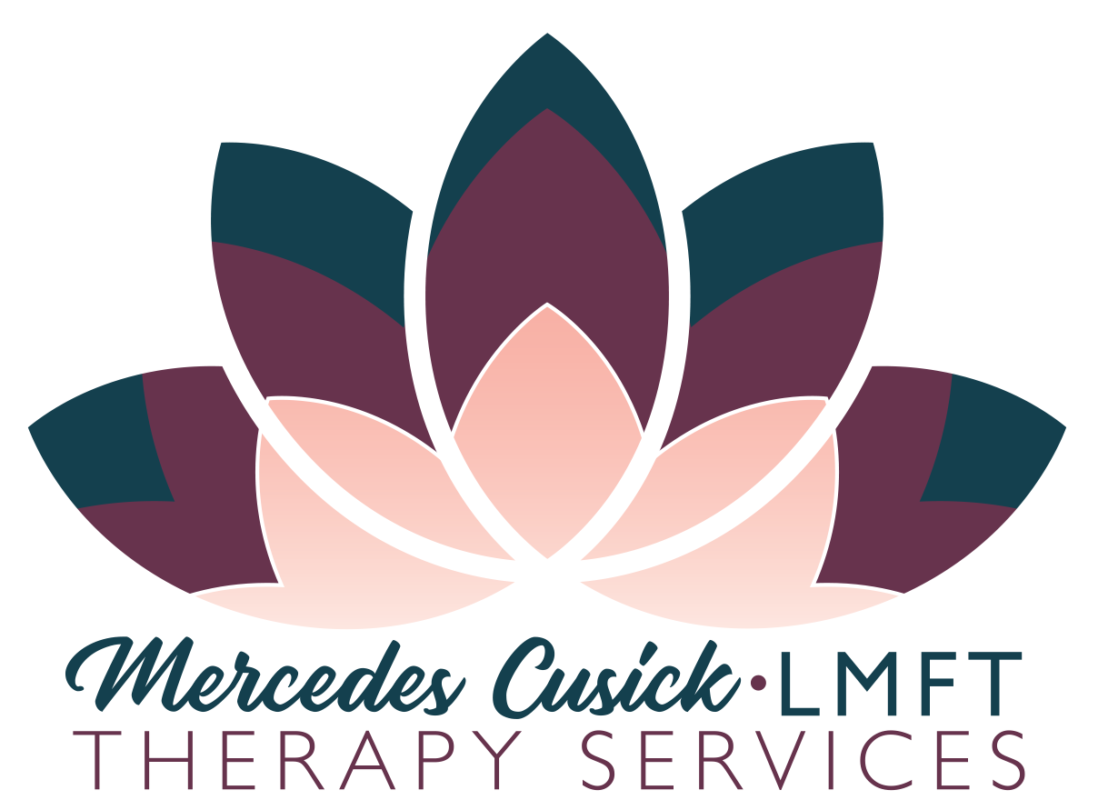Understanding Trauma and Its Impact on Attachment
As a trauma specialist, it’s essential to comprehend the profound impact trauma can have on attachment and attachment wounds. Trauma doesn’t just affect the individual in the moment; it can ripple through their life, affecting relationships, self-perception, and overall mental health. Here’s an exploration of how trauma influences attachment.
What is Attachment?
Attachment is the deep emotional bond that forms between a child and their primary caregiver, usually a parent. This bond lays the foundation for how individuals view relationships throughout their lives. Secure attachment, where a caregiver is responsive and consistently available, fosters a sense of safety and trust in relationships. Conversely, insecure attachment can arise from inconsistent or unresponsive caregiving, leading to difficulties in forming healthy relationships later in life.
The Impact of Trauma on Attachment
When trauma enters the picture, especially in early childhood, it can disrupt the natural development of secure attachment. Traumatic experiences might include neglect, abuse, or witnessing violence. These experiences can create attachment wounds, leaving individuals feeling unsafe, unworthy, or unlovable. The repercussions can be far-reaching:
- Difficulty Trusting Others: Trauma can make it challenging to trust others, as the primary attachment figure may have been a source of fear or inconsistency. This mistrust can extend to all relationships, making it hard to form close bonds.
- Fear of Abandonment: Individuals with attachment wounds often fear being abandoned, leading to clingy or dependent behaviors in relationships. This fear can stem from early experiences of being left alone or emotionally neglected.
- Emotional Dysregulation: Trauma can disrupt the nervous system, leading to difficulties in managing emotions. This can result in mood swings, anxiety, and depression, further complicating relationships.
- Self-Esteem Issues: Attachment wounds often come with a deep-seated belief of being unworthy of love or care. This can manifest as low self-esteem and a tendency to enter into unhealthy or abusive relationships.
Healing Attachment Wounds
Healing from attachment wounds is possible, and it often involves a combination of therapeutic approaches. Here are some strategies that can be helpful:
- Therapy: Engaging in trauma-focused therapies such as Eye Movement Desensitization and Reprocessing (EMDR) can help individuals process and heal from traumatic experiences. Therapy can also help in developing healthier attachment patterns.
- Building Safe Relationships: Forming relationships with individuals who are trustworthy and supportive can provide a corrective emotional experience, helping to rebuild a sense of safety and trust.
- Self-Compassion: Learning to be compassionate towards oneself is crucial. Recognizing that attachment wounds are not a reflection of one’s worth but rather a result of past experiences can aid in the healing process.
- Mindfulness and Grounding Techniques: Practices such as mindfulness and grounding can help individuals stay present and manage emotional dysregulation. These techniques can be particularly effective in calming the nervous system.
- Educational Resources: Understanding the impact of trauma on attachment can empower individuals to take proactive steps towards healing. Books, workshops, and support groups can provide valuable insights and support.
Trauma’s impact on attachment can be profound, but with the right support and interventions, healing is achievable. By understanding and addressing attachment wounds, individuals can cultivate healthier relationships, improve their emotional well-being, and lead more fulfilling lives. As a trauma specialist, guiding individuals through this journey is both a privilege and a responsibility, offering hope and healing where it is most needed.
About the Author:
I am Mercedes Cusick, LMFT, a certified EMDR trauma therapist specializing in EMDR intensives. I am dedicated to addressing trauma-related challenges and improving mental health outcomes. My commitment to trauma therapy is driven by its significant therapeutic effects, particularly for individuals grappling with complex trauma, PTSD, toxic relationships, and narcissistic abuse.
Serving a diverse community with dedication and empathy, I am proud to support individuals in the Los Angeles area, specifically in Woodland Hills, Calabasas, Agoura, Hidden Hills, West Hills, Northridge, Winnetka, Tarzana, Studio City, Sherman Oaks, Malibu, and Beverly Hills. Together, we can journey toward healing and resilience.


